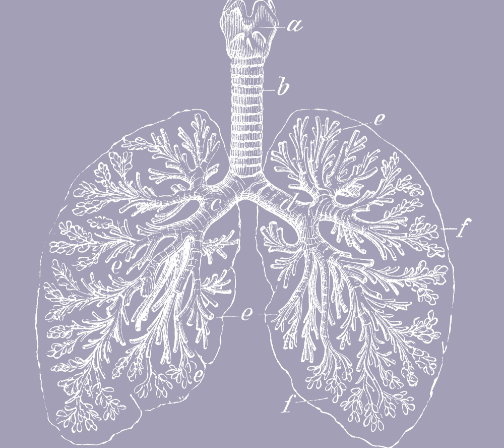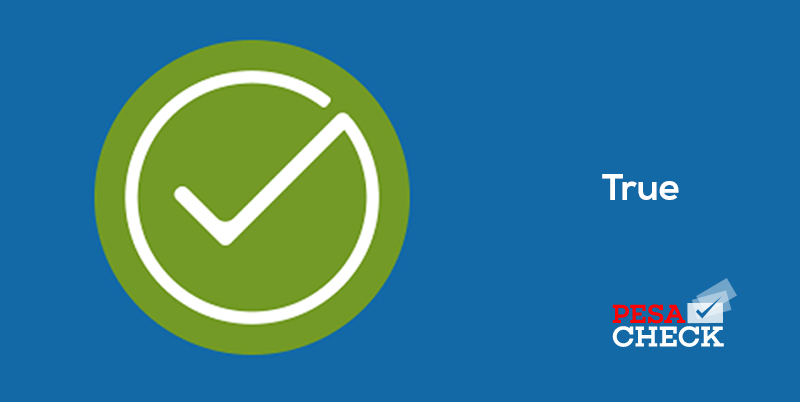


Subscribe
Data delivered to your inbox. Keep up with the latest developments.Only drivers with evidence of a negative test will be allowed into the country.

An article claiming that Uganda has banned truck drivers from entering the country if they do not have a negative coronavirus certificate is TRUE.
The article adds that although Ugandan healthcare centers have so far been treating any person found to be infected with COVID-19 once diagnosed, the new instructions require such patients to be ordered to return to their home countries.
On May 16, Health minister Jane Ruth Aceng announced that only truck drivers with negative COVID-19 test results would be allowed into the country. The presidential order went into effect immediately.
The minister also said the government would work with the National Logistics Platform of Truck Drivers & Truck Owners to mobilize, counsel and test all truck drivers employed in Uganda.
125 foreign truck drivers have tested positive for COVID-19 in Uganda, and of these, 34 have since returned to their respective countries.
Following the high number of transnational truck drivers testing for COVID-19 within the East African Community, heads of state from the region held a virtual meeting and confirmed the need for testing in the drivers’ countries of origin rather than at border points.
PesaCheck has looked into an article claiming that Uganda has banned truck drivers without a negative coronavirus certificate from the country and finds it to be TRUE.
This post is part of an ongoing series of PesaCheck fact-checks examining content marked as potential misinformation on Facebook and other social media platforms.
By partnering with Facebook and similar social media platforms, third-party fact-checking organisations like PesaCheck are helping to sort fact from fiction. We do this by giving the public deeper insight and context to posts they see in their social media feeds.
Have you spotted what you think is fake news or false information on Facebook? Here’s how you can report. And, here’s more information on PesaCheck’s methodology for fact-checking questionable content.
This fact-check was written by PesaCheck Fact-Checker Pius Enywaru and edited by PesaCheck News Editor Enock Nyariki.
The article was approved for publication by PesaCheck Managing Editor Eric Mugendi.
PesaCheck is East Africa’s first public finance fact-checking initiative. It was co-founded by Catherine Gicheru and Justin Arenstein, and is being incubated by the continent’s largest civic technology and data journalism accelerator: Code for Africa. It seeks to help the public separate fact from fiction in public pronouncements about the numbers that shape our world, with a special emphasis on pronouncements about public finances that shape government’s delivery of Sustainable Development Goals (SDG) public services, such as healthcare, rural development and access to water/sanitation. PesaCheck also tests the accuracy of media reportage. To find out more about the project, visit pesacheck.org.
PesaCheck is an initiative of Code for Africa, through its innovateAFRICA fund, with support from Deutsche Welle Akademie, in partnership with a coalition of local African media and other civic watchdog organisations.








